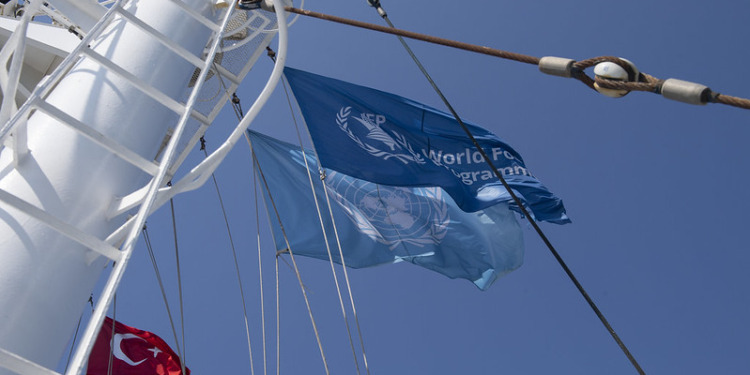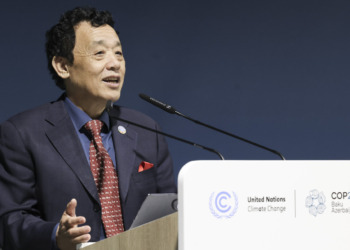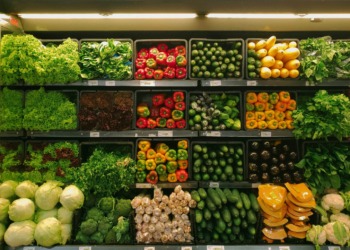In a significant development, Russia has officially informed the United Nations, Turkey, and Ukraine that it will not be renewing a vital grain agreement, known as the Black Sea Grain Initiative. This, as the Kremlin noted, will make the sea “temporarily dangerous”.
The Kremlin presidential Press Secretary Dmitry Peskov announced on Monday that the agreements pertaining to the initiative have effectively come to an end.
But he left the door open: He told reporters, referring to Russian complaints that it wasn’t able to export its own foodstuff, “As soon as the Russian part is completed, the Russian side will return to the implementation of this deal immediately”.
This decision potentially marks a crucial turning point, as the deal had enabled Ukraine to export grain through the Black Sea.
Under this agreement, cargo ships were permitted to pass through the Black Sea.
As this agreement was intended to ensure the uninterrupted flow of Ukrainian grain exports despite the ongoing conflict, its cessation would likely have far-reaching consequences for global food prices and stability.
By granting cargo ships passage through the Black Sea ports of Odesa, Chornomorsk, and Yuzhny/Pivdennyi, the agreement was established in July 2022 to address the severe disruptions caused by the Russian invasion of Ukraine.
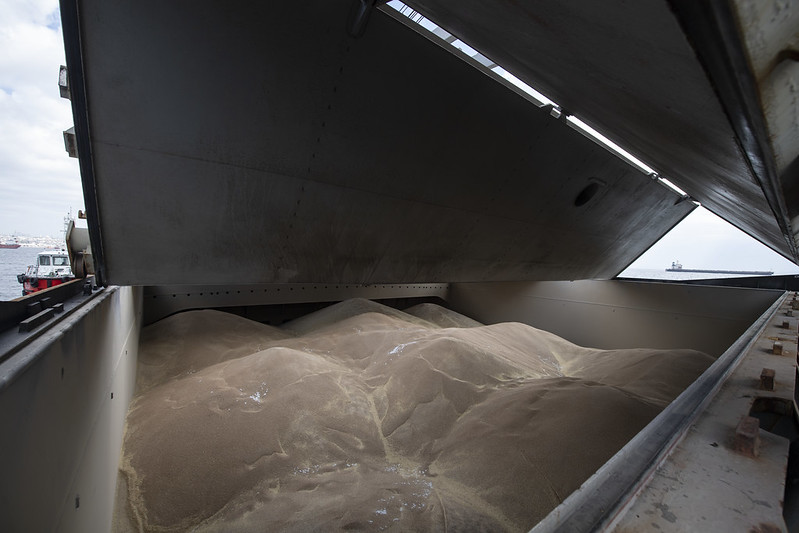
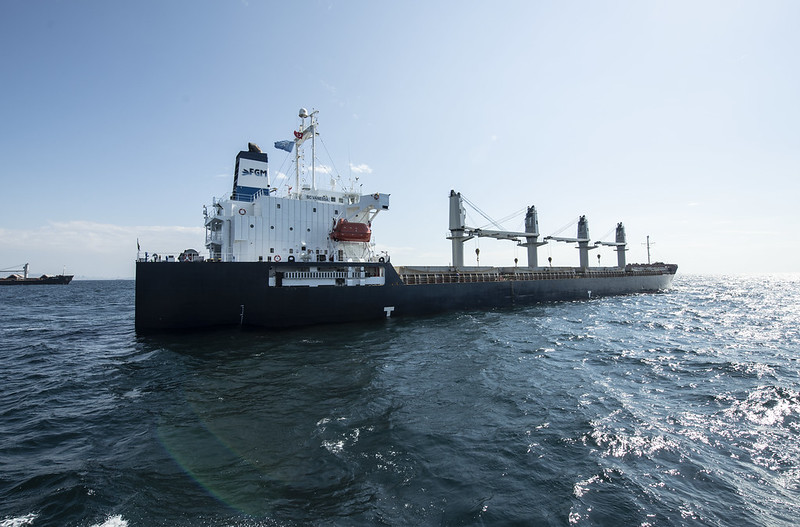
To alleviate the ensuing global food security crisis and lower grain prices, an agreement was brokered by the United Nations and Turkey to establish a safe maritime “humanitarian corridor” in the Black Sea.
Although the unblocking of the sea export route had provided some relief, the overall situation remains challenging.
Why has Russia backed out?
As mentioned above, the decision by Russia to withdraw from the Black Sea Grain Initiative stems from a combination of grievances and unmet demands.
Russian President Vladimir Putin had consistently expressed dissatisfaction with certain aspects of the agreement, particularly the alleged failure to fulfill conditions related to the export of Ukrainian food and fertilizers to poorer nations.
Putin also criticized Western sanctions, which he claimed were impeding Russia’s own agricultural exports.
Threats to withdraw from the agreement were repeatedly issued by Putin in response to these concerns.
In line with these grievances, Russia’s foreign ministry reiterated its objections on Monday, accusing the West of solely caring for commercial profits. In the official statement published by the Ministry of Foreign Affairs of the Russian Federation on Monday, July 17, it states:
“[However,] contrary to the declared humanitarian goals, the export of Ukrainian food was almost immediately transferred to a purely commercial basis and until the last moment was aimed at serving the narrowly selfish interests of Kyiv and its Western curators.”
Additionally, Russia cited ongoing Ukrainian “provocations and attacks against Russian civilian and military facilities” in the Black Sea area.
The decision was, among other things, interestingly announced just a few hours after an attack on the Crimea bridge, blown up by naval drones and leaving two deaths.
Even though such an action was considered by Russian president Putin as a “terrorist attack”, Kremlin spokesperson Dmitry Peskov assured that the decision to halt the grain deal was “absolutely unrelated” to that morning’s event.
Related Articles: Will Russia Block or Renew the Black Sea Grain Deal? | Putin and Erdogan Meet to End Ukraine Wheat Crisis | “Nothing Short of Lifesaving”: Russia and Ukraine Sign Grain Export Deal | What’s Going on With Ukraine’s Grain Exports?
Russia has sought guarantees, including the reconnection of its agricultural bank to the SWIFT payment system, the lifting of restrictions on maritime insurance and spare parts for agricultural machinery, the end of sanctions against fertilizer companies and individuals associated with them, and the restoration of an ammonia pipeline that crosses Ukraine.
These issues have been central to the negotiations surrounding the agreement and the UN has even provided the Russian federation with a proposal to “remove hurdles affecting financial transactions through the Russian Agricultural Bank”.
What will happen now?
The Black Sea Grain Initiative holds immense significance due to Ukraine’s prominent role as a major global agricultural producer and exporter.
As the Foreign Agricultural Service’s (FAS) factsheet demonstrates, Ukraine “plays a critical role in supplying oilseeds and grains to the global market.”
Since the initiation of the agreement in August 2022, and “as of May 2023,”over 30 million tonnes of grain and other foodstuffs have been exported through the initiative.
As the infographics provided by the EU Council shows, “64% of the wheat exported through the Black Sea Grain Initiative reached developing countries.”
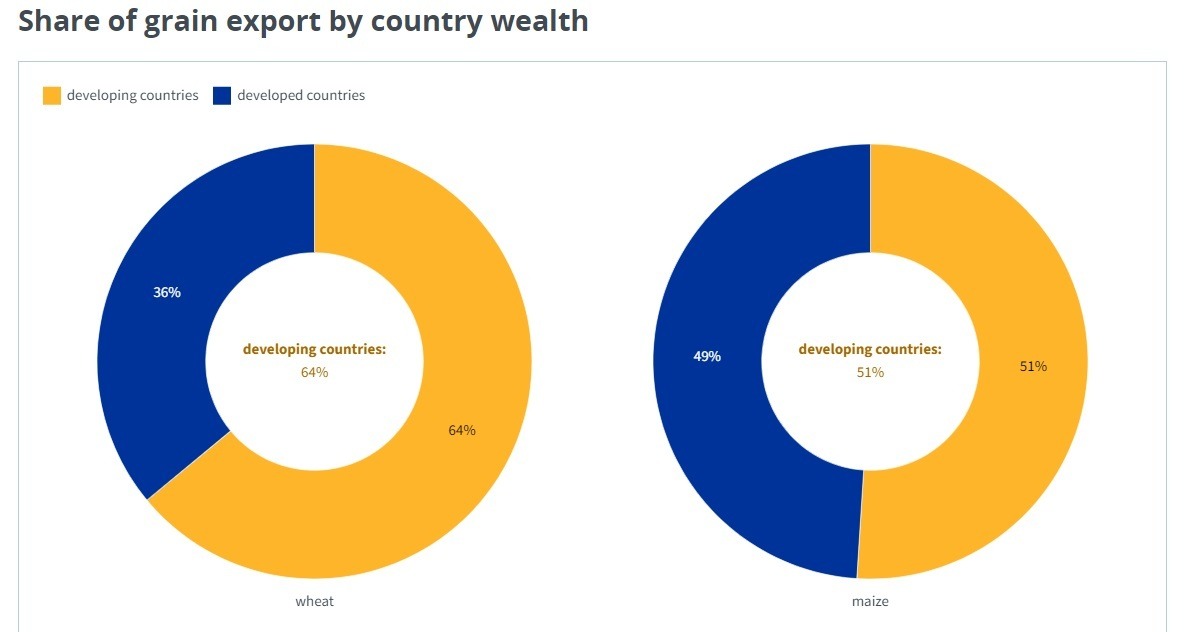
However, Russia’s invasion of Ukraine has led to a significant increase in global food prices, and the solidarity lanes established by the EU and the Black Sea Grain Initiative have played a vital role in mitigating price increases.
In light of Russia’s past threats of not extending the deal , alternative means of exporting grain were being explored.
As mentioned by the president of the Ukrainian Grain Association, Nikolay Gorbachev, to the BBC, Ukraine’s Danube River ports have been identified as one such option.
Nevertheless, according to the same source, such ports are anticipated to be less efficient, reducing the export capacity and increasing transportation costs.
Russia’s withdrawal has elicited strong reactions from leaders around the world.
Turkish President Recep Tayyip Erdogan expressed his intention to engage in discussions with Russian President Vladimir Putin, expressing hope for a potential rejoining of the agreement.
President Erdogan stated, “Despite the statement today, I believe the president of the Russian Federation, my friend Putin, wants the continuation of this humanitarian bridge.”
European officials swiftly condemned Moscow’s decision. European Commission President Ursula von der Leyen Tweeted:
I strongly condemn Russia’s cynical move to terminate the Black Sea Grain Initiative, despite UN & Türkiye’s efforts.
EU is working to ensure food security for the world’s vulnerable. #EUSolidarityLanes will continue bringing agrifood products out of Ukraine & to global…
— Ursula von der Leyen (@vonderleyen) July 17, 2023
UN Secretary-General António Guterres also expressed his deep disappointment after Russia’s decision.
Today’s decision by Russia to terminate the implementation of the Black Sea Initiative will strike a blow to people in need everywhere.
But it will not stop our efforts to advance global food security & price stability.
There is too much at stake in a hungry & hurting world. pic.twitter.com/8dlmRusv16
— António Guterres (@antonioguterres) July 17, 2023
What this decision will ultimately lead to is a very high price for those struggling with hunger and famine, as he stated in fact:
“[Ultimately] participation in these agreements is a choice. But struggling people everywhere and developing countries don’t have a choice.”
Nevertheless both the UN and the EU have already stated their determination in continuing all efforts for “advancing global food security and global food price stability,” as well as continuing “to support the timely and stable delivery of all goods, especially agricultural products to global markets through EU-Ukraine Solidarity Lanes.”
In the attempt to make such a decision the least harmful as possible to those regions heavily dependent on such exports and “taking into account the rise in human suffering that will inevitably result.”
Editor’s Note: The opinions expressed here by the authors are their own, not those of Impakter.com — In the Featured Photo:BC Vanessa – WFP vessel carrying grain under the Black Sea Grain Initiative. Featured Photo Credit: UN Geneva.


